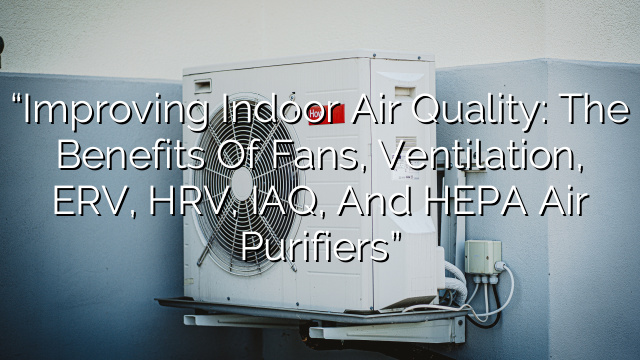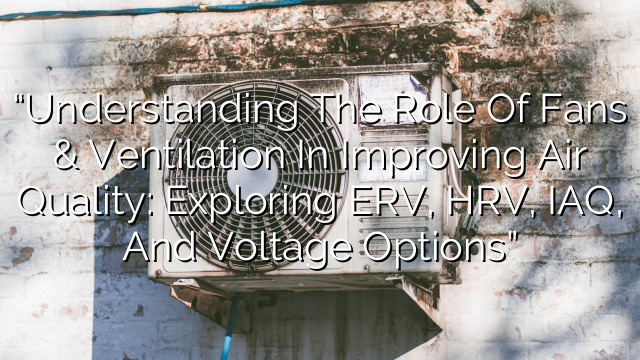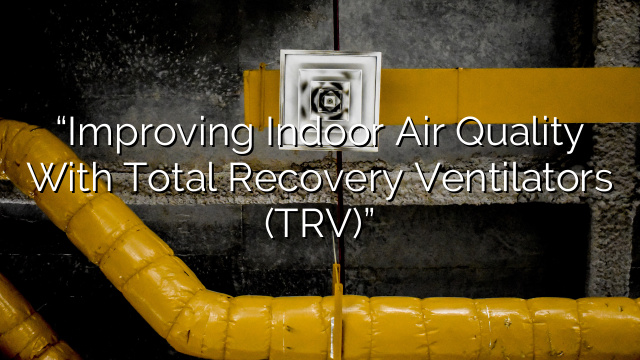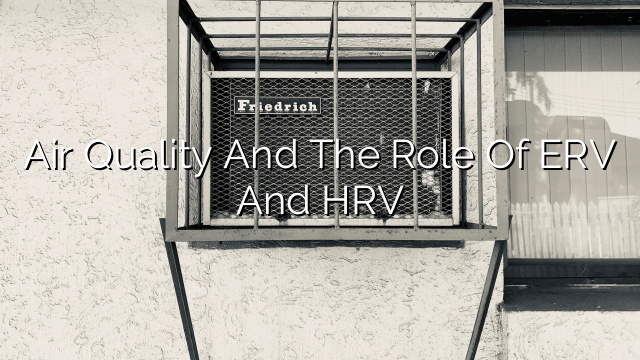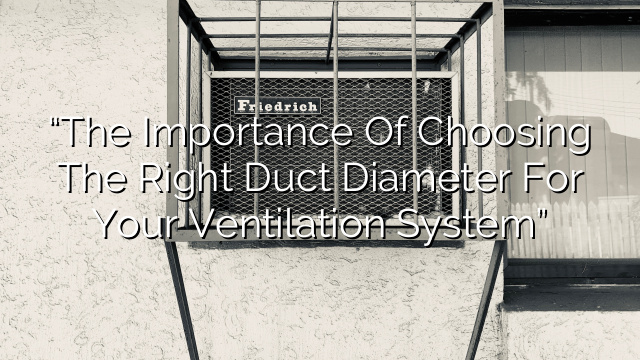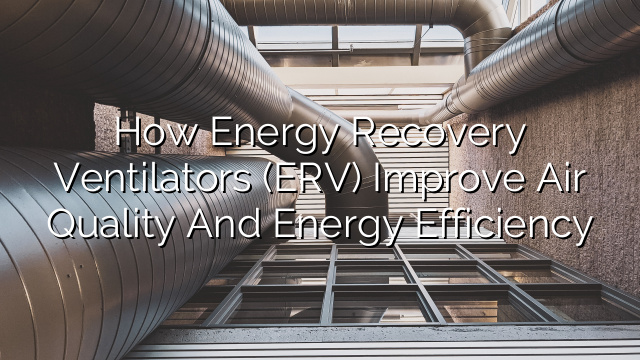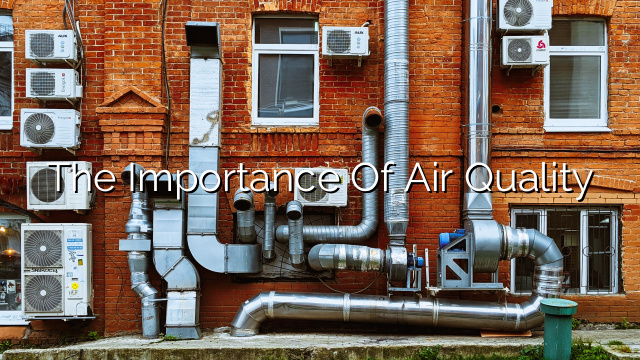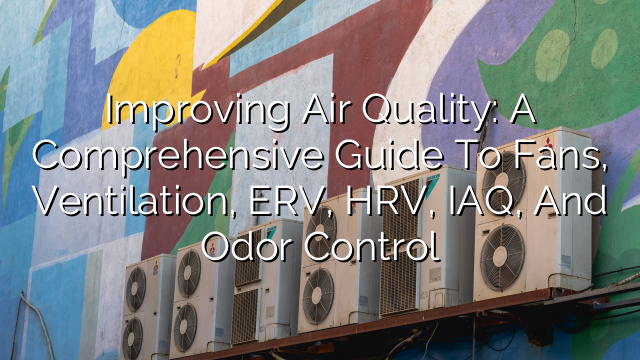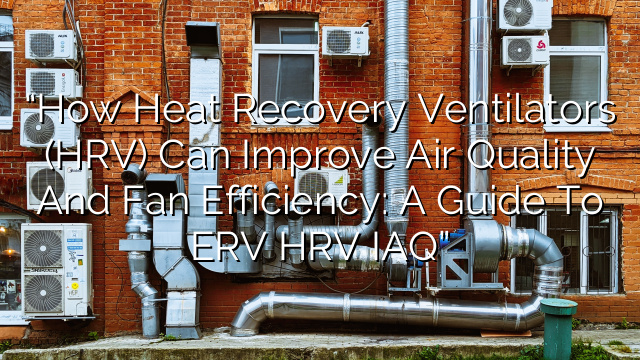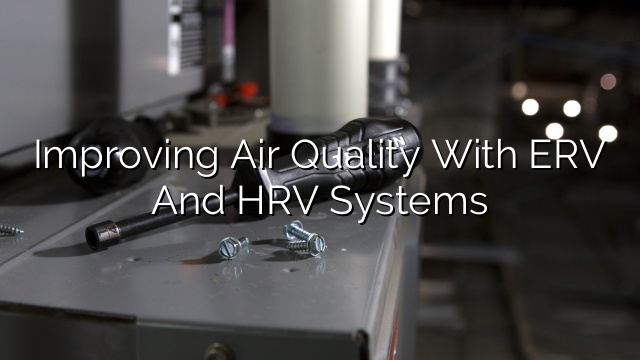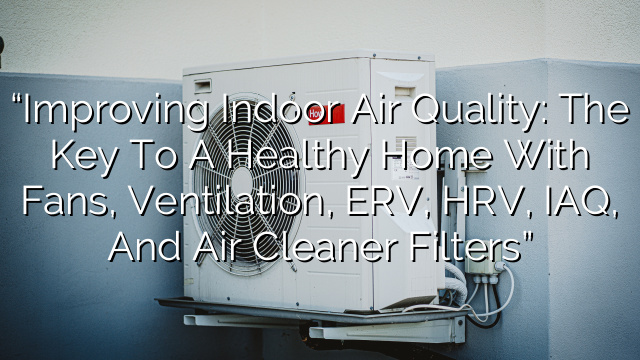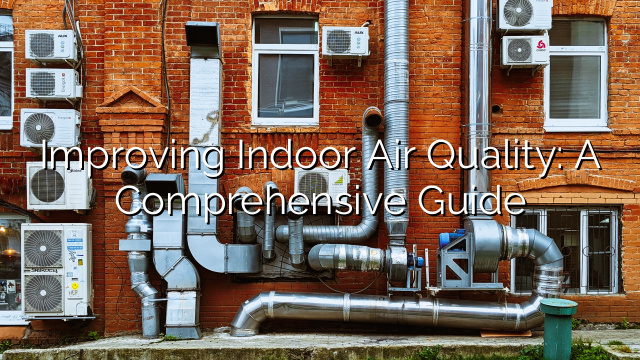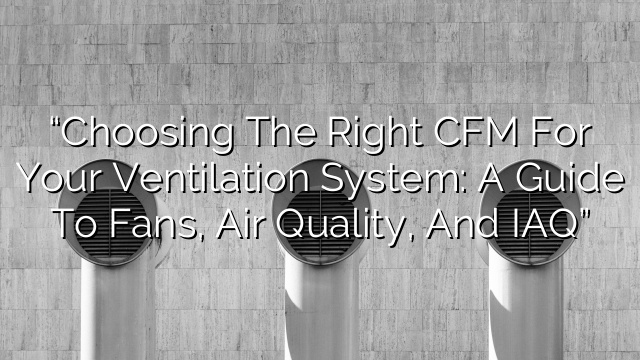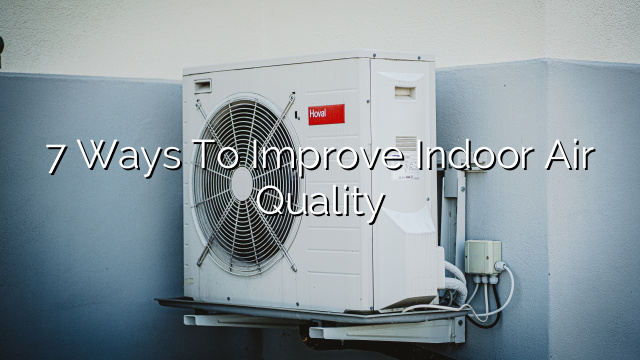Fans and Ventilation
Fans and ventilation play a crucial role in improving indoor air quality (IAQ). They help circulate fresh air and remove pollutants, ensuring that the air we breathe is clean and healthy. Here are some benefits of using fans and proper ventilation:
- Improved Air Circulation: Fans promote air movement, preventing stagnant air pockets in your home. This helps distribute fresh air throughout the space, reducing the build-up of allergens, odors, and pollutants.
- Reduced Moisture: Proper ventilation, especially in areas prone to high humidity like bathrooms and kitchens, can help reduce moisture levels. This prevents the growth of mold and mildew, which can have adverse effects on your respiratory health.
- Removal of Particles: Fans can help capture and remove larger particles suspended in the air, such as dust, pollen, and pet dander. This is particularly beneficial for individuals with allergies or respiratory conditions.
- Exhausting Pollutants: With the help of exhaust fans, you can effectively remove indoor pollutants, smoke, and cooking odors from your home. This improves the overall air quality and creates a more pleasant and healthy living environment.
Energy Recovery Ventilator (ERV) and Heat Recovery Ventilator (HRV)
An Energy Recovery Ventilator (ERV) or a Heat Recovery Ventilator (HRV) is a mechanical ventilation system that works by exchanging stale indoor air with fresh outdoor air, all while recovering the energy used to condition the outgoing air.
Here are the benefits of using an ERV or HRV system:
- Fresh Air Supply: ERV and HRV systems bring in fresh, filtered outdoor air into your home, diluting any indoor pollutants and improving indoor air quality. This is particularly important in tightly sealed and energy-efficient homes where there may be limited natural ventilation.
- Energy Efficiency: ERV and HRV systems recover the thermal energy from the outgoing air, pre-conditioning the incoming air. This reduces the workload on your heating and cooling systems, resulting in energy savings.
- Moisture Control: These systems can also help control indoor humidity levels by transferring moisture from the humid air to the drier air stream during the cooling season and vice versa during the heating season.
- Improved Comfort: With a constant supply of fresh air and balanced humidity levels, ERV and HRV systems create a more comfortable living environment by reducing stuffiness and preventing condensation on windows.
Indoor Air Quality (IAQ)
IAQ refers to the quality of the air inside buildings and structures, particularly as it pertains to the health and comfort of the individuals occupying the space. Poor IAQ can have a detrimental impact on overall health and wellbeing. Here are some strategies to improve indoor air quality:
- Source Control: Identify and minimize potential sources of pollutants, such as smoking, certain cleaning products, and volatile organic compounds (VOCs) found in paints, adhesives, and furniture. Use low VOC products and ensure proper ventilation when using these items.
- Proper Ventilation: Ensure your home has adequate ventilation to remove indoor pollutants and bring in fresh air. Open windows, use exhaust fans, and consider installing mechanical ventilation systems like ERVs or HRVs to achieve better IAQ.
- Air Cleaning: Consider using HEPA (High-Efficiency Particulate Air) air purifiers to remove smaller particles from the air, such as allergens, dust, and pet dander. HEPA filters are highly effective in capturing particulate matter and can significantly improve IAQ.
- Maintain HVAC Systems: Regularly clean and maintain your heating, ventilation, and air conditioning (HVAC) systems to ensure optimal performance and prevent the circulation of dirty air. Replace filters regularly and schedule professional maintenance as needed.
HEPA Air Purifiers
HEPA (High-Efficiency Particulate Air) air purifiers are devices that use special filters to trap and remove microscopic particles from the air. Here are some benefits of using HEPA air purifiers:
- Particle Removal: HEPA filters are designed to capture particles as small as 0.3 micrometers, making them highly effective at removing dust, allergens, pollen, mold spores, pet dander, and other airborne contaminants.
- Allergy and Asthma Relief: HEPA air purifiers can provide relief to individuals suffering from allergies, asthma, or other respiratory conditions by significantly reducing airborne allergens and irritants.
- Improved Sleep: Cleaner air can contribute to better sleep quality. HEPA air purifiers remove airborne particles that can trigger allergy or asthma symptoms, enabling a more restful and uninterrupted sleep.
- Odor Reduction: HEPA air purifiers can help eliminate odors from cooking, pets, smoke, and other sources. They trap and filter out the particles responsible for unpleasant smells, leaving the air fresh and clean.
- Reduction in Respiratory Illnesses: By removing airborne pollutants and irritants, HEPA air purifiers can help reduce the risk of respiratory infections and illnesses, particularly in enclosed spaces with poor ventilation.
FAQs
- 1. How often should I change the filters in my HEPA air purifier?
- You should change the filters in your HEPA air purifier as often as the manufacturer recommends. Generally, it is recommended to replace HEPA filters every 6 to 12 months, depending on usage and air quality.
- 2. Can I use an ERV or HRV system in an older home?
- Yes, ERV and HRV systems can be installed in older homes. However, it is important to consult with a professional to assess the feasibility and determine the best installation options for your specific home.
- 3. Is it necessary to use fans if I have an ERV or HRV system?
- While ERV and HRV systems provide fresh air and energy recovery, using additional fans can further improve air circulation and distribution throughout your home. Fans can also help exhaust indoor pollutants and odors.
- 4. Can fans and ventilation alone improve indoor air quality?
- Fans and ventilation are essential for improving indoor air quality, but they may not be sufficient on their own, especially in areas with high levels of pollutants or allergens. In such cases, using additional air purifiers like HEPA filters can provide an extra layer of filtration.
- 5. Are there any health risks associated with using fans or air purifiers?
- When used correctly, fans and air purifiers pose no significant health risks. However, it is important to follow manufacturer guidelines and ensure proper maintenance. If you have specific health concerns, consult with a healthcare professional for personalized advice.

